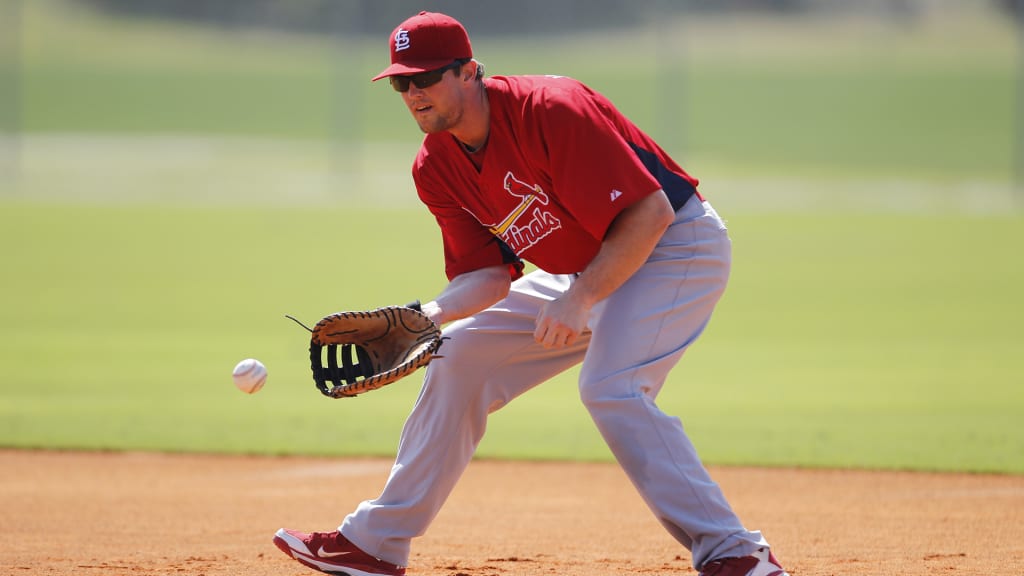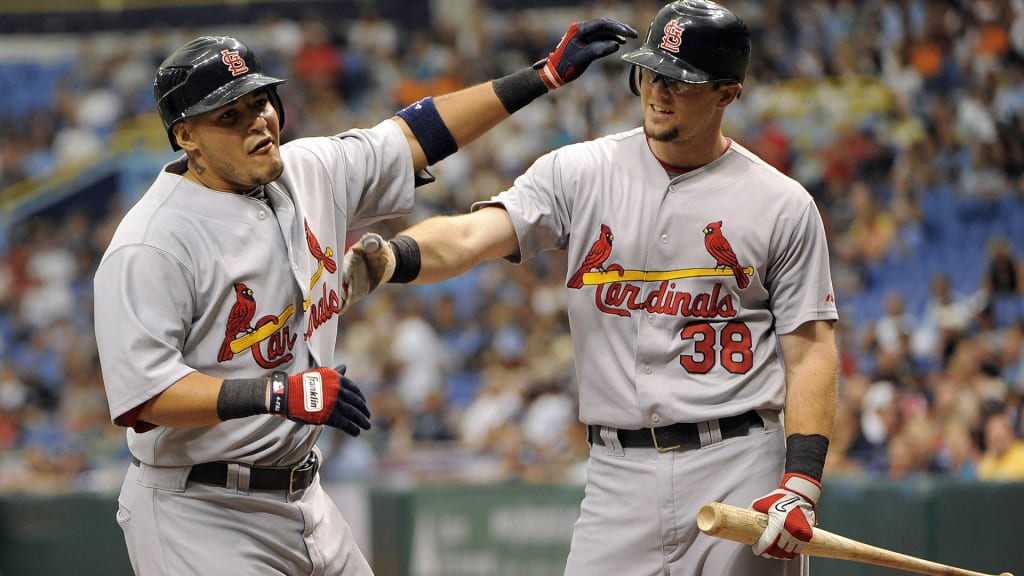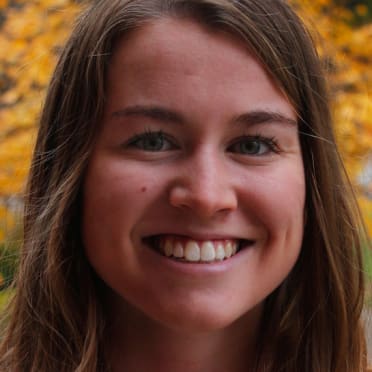
ST. LOUIS -- Mark Hamilton knew when he decided to go into medicine that there was always a risk of exposure to the various things he would treat as a doctor. The medical world is constantly evolving, and there’s always some unknown.
He just didn’t know he’d be fighting something as big as the coronavirus pandemic and all the unknowns that come with it. Or that he would be facing the global pandemic a few weeks after graduating from medical school.
On Friday, the former Cardinals first baseman will graduate from the Donald and Barbara Zucker School of Medicine at Hofstra/Northwell in New York. The now-online ceremony was moved up a month in response to the coronavirus pandemic.
Hamilton will become Dr. Hamilton in time to fight the coronavirus crisis in New York City, which has become the epicenter of the virus. And he’s ready to help, however and whenever that may be.
“It’s daunting,” Hamilton said. “But we’re going to get through this.”
Hamilton, 35, is scheduled to begin his residency at Northwell’s Long Island Jewish Medical Center in June, unless he’s needed earlier. His first year will be in internal medicine, and he’s been told a majority of the patients are there with COVID-19. Hofstra held an online lecture series discussing the virus so students like Hamilton can be as prepared as they can when they’re called upon to help.
“They moved up the graduations so we would at least be qualified to start,” Hamilton said. “But certainly, regardless of middle of June or earlier, this is still going to be here. There’re no signs of it stopping. Slowing maybe, but stopping, no. So we’re definitely going to be greeted with this firsthand in the near future.”
In the meantime, Hamilton has been spending time with his family at their house in Queens. He’s helping his wife, Lauren, homeschool their two daughters, 9-year-old Lillian and 6-year-old Madison. After spending almost 10 years in professional baseball, including seasons spent in the Dominican and Mexican Winter Leagues, he’s relished the time he’s had with his family. But they’ve also been on the forefront of his mind when thinking about starting work.
“I think it’s appropriate to say that you’re frightened by it,” Hamilton said. “Because it’s scary. There’s a lot of unknowns, and it’s high intensity and high volume. You’re frightened for not just yourself but everybody around you. Your family when you come home. You’re frightened for your patients and their families and for what it means for society and the healthcare system at large.
“But you have to maintain resolve that you have a job to do, and you’re going to do it to the best of your ability and care for, to the best you can, all your patients you work with.”

Drafted out of Tulane University in 2006, Hamilton ascended the Cardinals' farm system and debuted in 2010 after hitting 20 home runs in the Minors that year. In 2011, he played 38 games in St. Louis and received a World Series ring by being part of that team.
Hamilton always wanted to pursue a career in medicine after baseball. When he got drafted, he made a plan: By the time he turned 30, if he wasn’t on a Major League roster or had accumulated the service time to where he thought he would have a Major League career, he was going to finish his degree and apply to medical school.
In 2014, Hamilton was 29 and had just spent a season in Atlanta’s organization. When he was released by the Braves, he decided to follow his plan. That fall, he enrolled in classes at Tulane to finish his undergraduate degree. He graduated two years later with a degree in neuroscience.
“I was very heartbroken to get released, without a doubt,” Hamilton said. “But it made it so I could go back to school right away because classes were starting. I couldn’t be happier with how everything unfolded. At the time, it felt very different, and it’s heartbreaking to be released by a team. But looking back on it, it was ideal.”
Hamilton began his medical training at Hofstra with an eye on orthopedics because of his athletic background. But he was introduced to interventional radiology -- a specialty that performs minimally invasive procedures using medical imaging guidance -- in his second year, and after learning what the practice entails, he was hooked.
“It has that, ‘Well, we’ll find a way,’ attitude,” Hamilton said. “This attitude where, ‘You present us with a problem, we will find you a solution.’ And they utilize imaging to do that. It really opened my eyes to something I didn’t know I existed. I saw that it eventually would give me the opportunity to work with a wide range of problems. I love the basic science so much, so I felt like I wanted to go into something where I could have my hands in a lot of different areas.”
What Hamilton learned during his baseball career has helped him in his second career. Playing internationally gave him perspective. Working with former mental training coach Jason Selk helped Hamilton maintain focus when working toward his goals. But the biggest lesson he learned was from watching Cardinals like Yadier Molina.
“A lot of people think getting to the Major Leagues or becoming a doctor is the destination,” Hamilton said. “And what I saw was people like Yadi, who is a guy who’s spending hours in the video room every single day getting prepared. I saw the amount of dedication and preparation going on at the next level. You come to realize it’s not a destination. The people that are there are constantly working to better themselves, constantly working to be prepared, and I really took that to heart.”
That attitude more than anything applies to Hamilton’s life now. On Friday, he will become a doctor, but that’s not the destination. The medicine field is always changing with new information, and the coronavirus pandemic brings new meaning to a situation that’s rapidly evolving.
“We don’t have the scouting report on this virus,” Hamilton said. “We don’t know what we’re facing exactly. It’s constantly evolving and changing, and we’re constantly trying to apply new techniques -- how can we fight this epidemic? You have to find new ways to do things and you have to constantly improve.”


